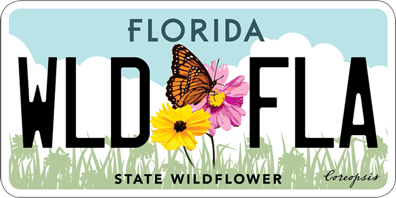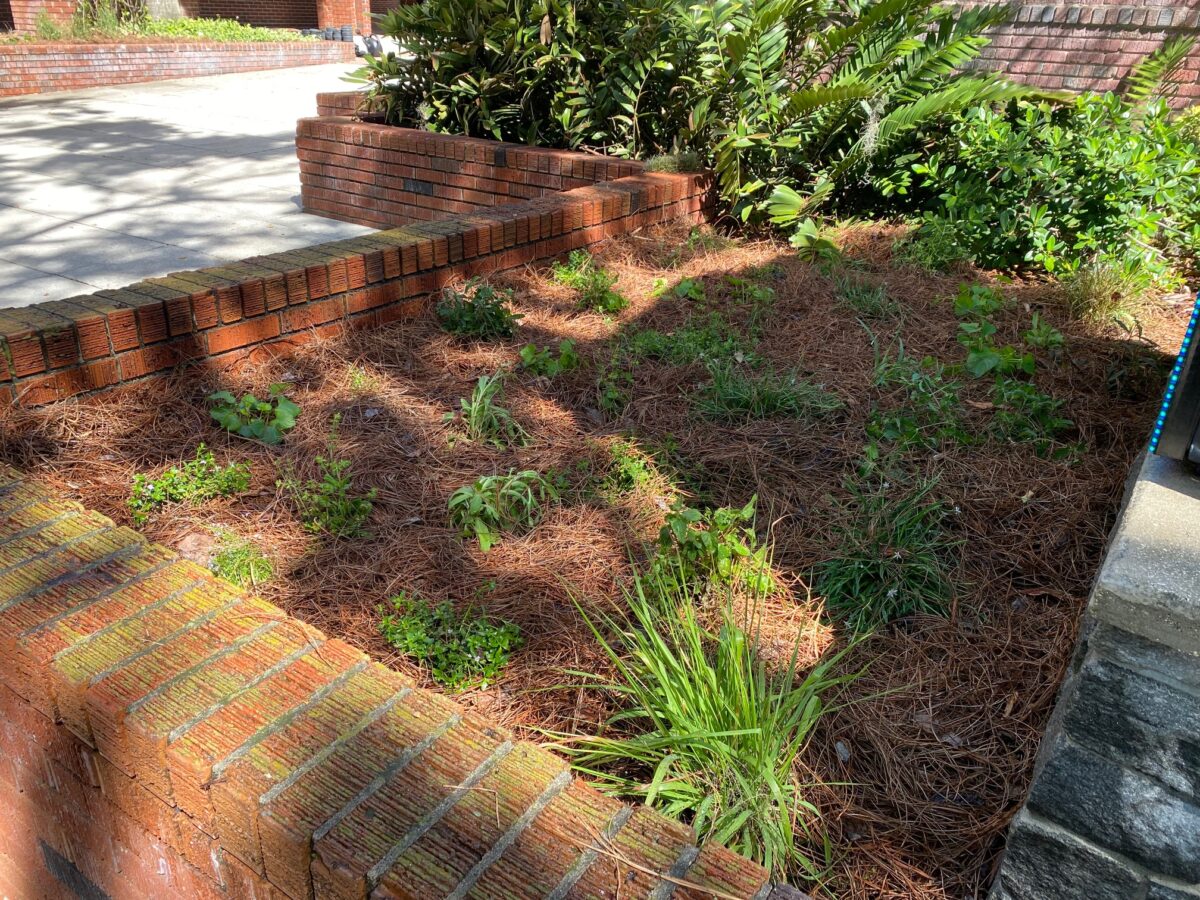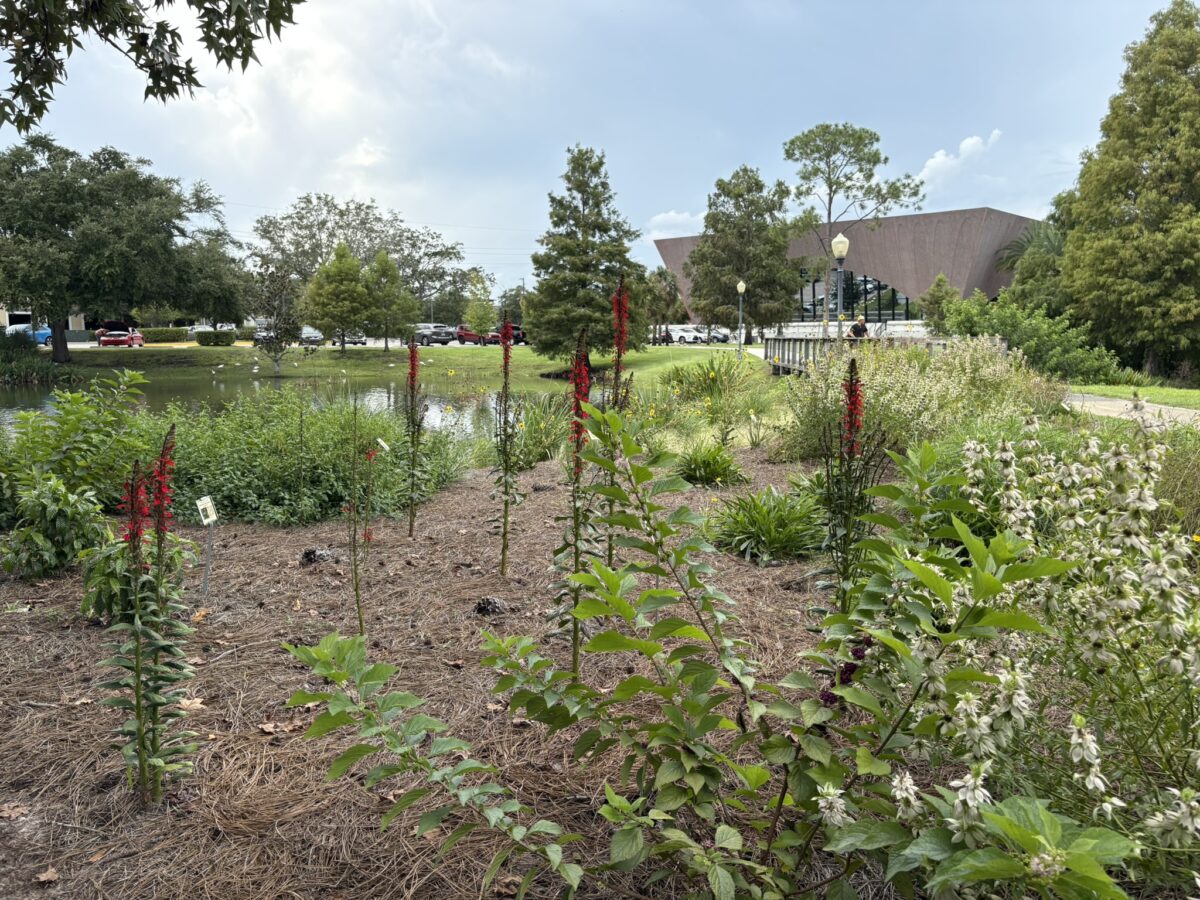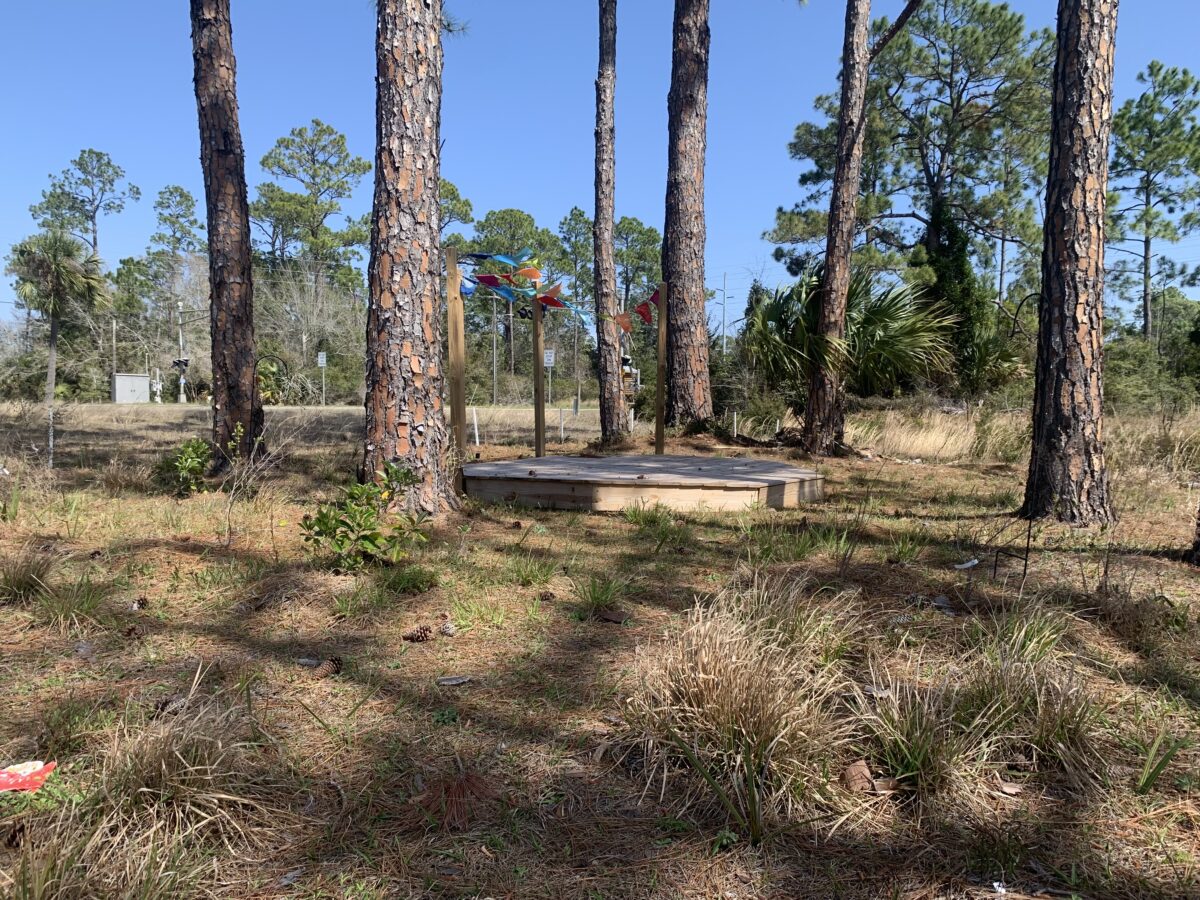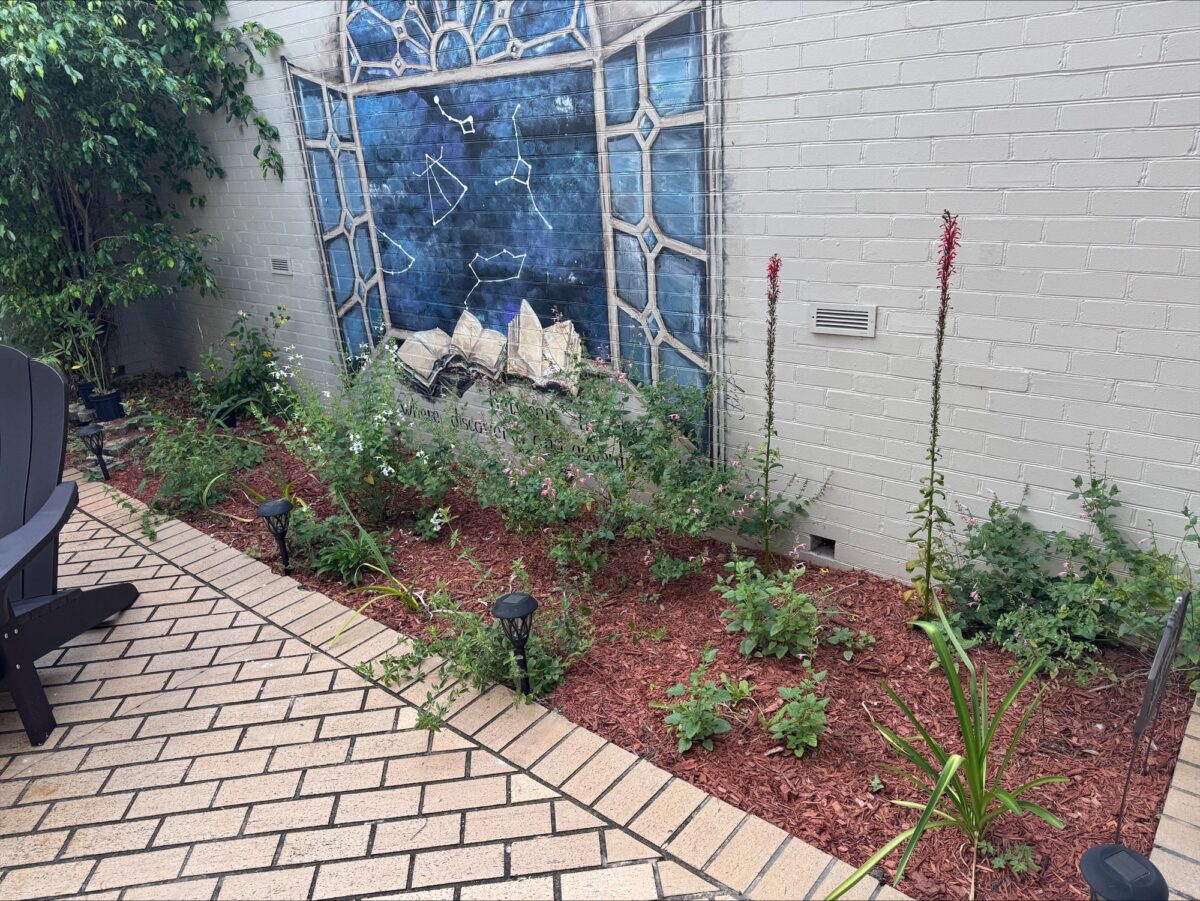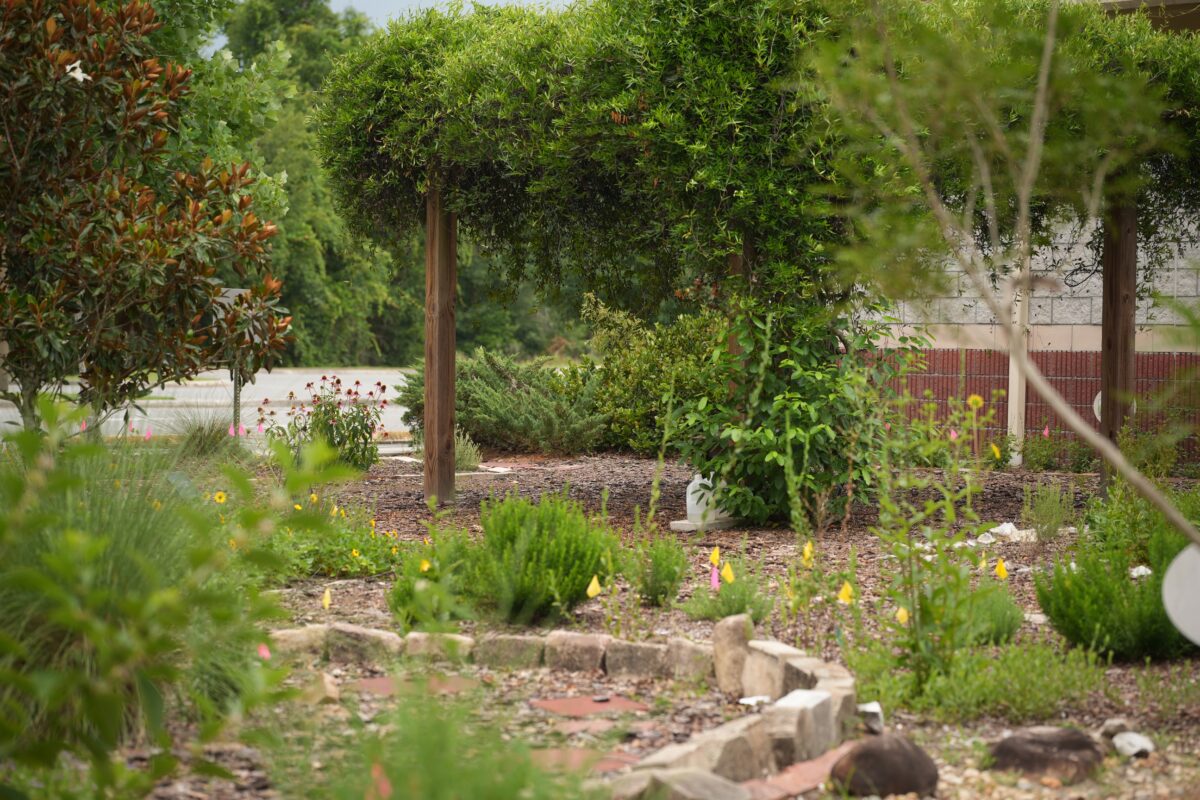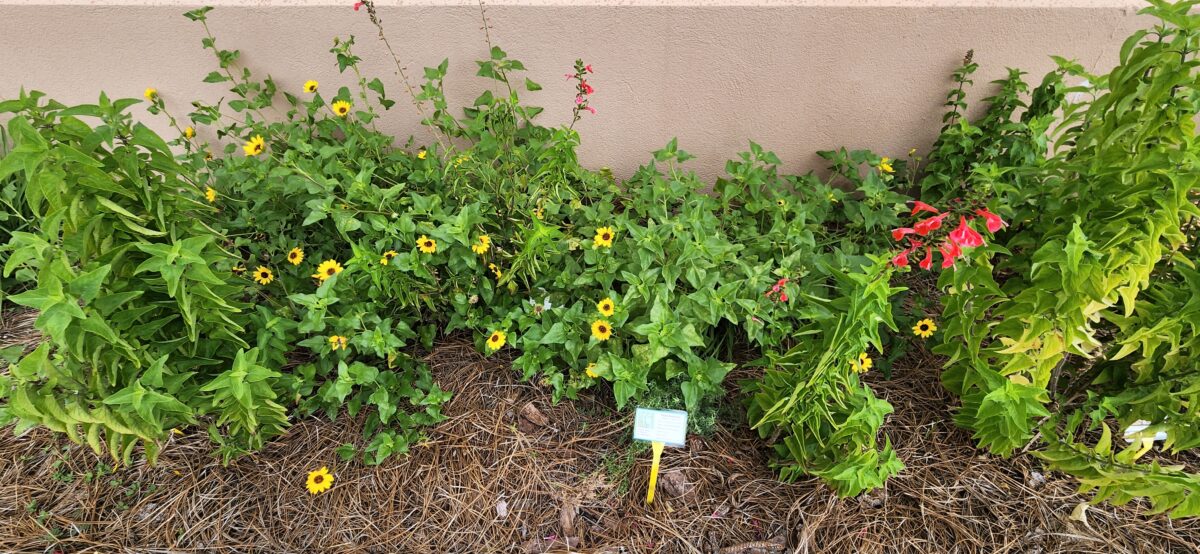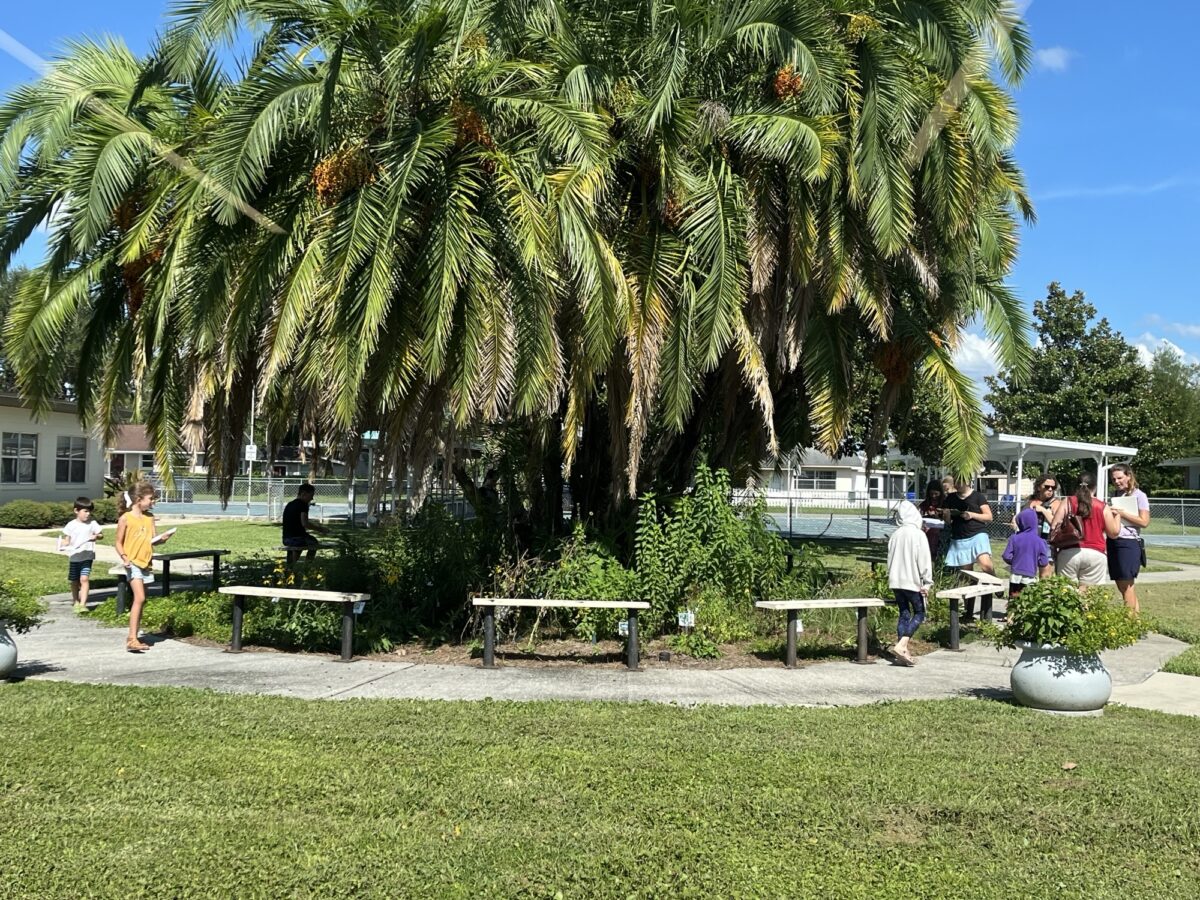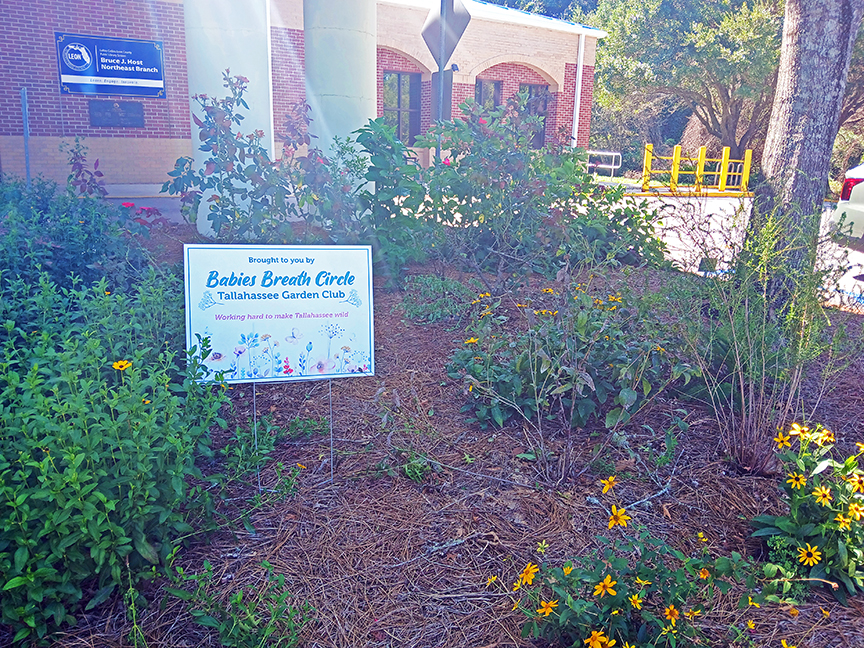Seeds of Knowledge
Library Demonstration Garden Grant Program
Florida libraries: Be part of something wildly new!
Seeds of Knowledge Library Demonstration Garden Grant program is your library’s chance to bring the beauty and importance of Florida’s native plants to life. Create a vibrant, educational demonstration garden that will inspire your community and support local pollinators!
Selected libraries will receive:
- Up to $750 to purchase native plants and create a demonstration garden.
- A garden sign highlighting the native plant garden and linking visitors to learn more online.
- Educational resources to engage your community in learning about native plants and the pollinators they attract.
- A dedicated web page, featuring information about the garden and profiles of the native plant species included.
- Native seed packets to share with visitors through a seed library.
Who should apply: Public libraries across Florida that are ready to transform their green spaces and educate their communities about our wonderful native plants!
Applications open: January 1, 2026
Application deadline: February 15, 2026
Scroll down to review the full criteria and requirements. For additional questions, contact Marina Mertz, program coordinator, at MMertz@FlaWildFlowers.org.
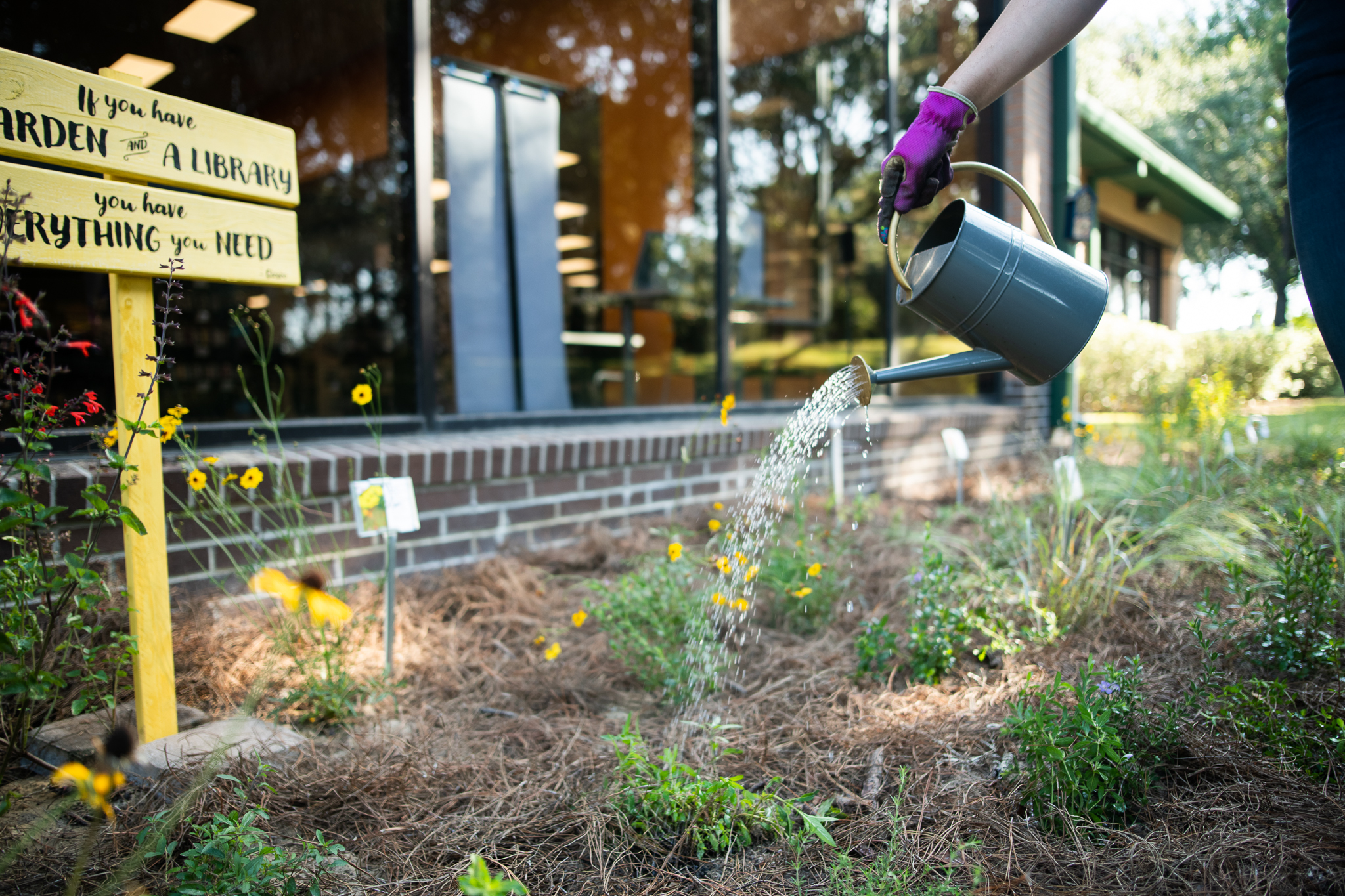
The Seeds of Knowledge Library Demonstration Garden Grant brings public awareness to support a growing interest in native plants. As community hubs and centers of learning and activity, libraries attract and serve a diverse population of varying races, ages, genders and socioeconomic backgrounds, many of whom may not be aware of the importance, function and beauty of native plants. As such, libraries present a unique opportunity to showcase native plants and the pollinators they attract to a large and potentially unfamiliar audience by way of small native plant demonstration landscapes.
The grant’s objective is to familiarize people with a wide array of native plants, demonstrate their landscaping potential, and highlight their crucial role in supporting local wildlife. This is achieved through demonstrative gardens featuring educational elements, alongside a seed library that distributes Florida native seeds suited to the region.
Want to know more about the Seeds of Knowledge grant program? Interested in applying?
Review the criteria below for answers to all of your questions.
